Talk About Sexual Violence: James’ Story
Sexual assault and violence disproportionately affect people with intellectual and developmental disabilities (IDD), with findings from NPR revealing that people with IDD are assaulted at seven times the rate of people without disabilities. The first step to tackling this epidemic is talking about it.
Read more from one survivor:
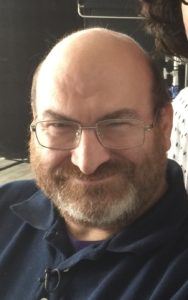
I never thought lightning could strike twice in the same place, but in my life it happened. I was sexually assaulted four times during my life and this is not uncommon for men or women with disabilities. I want to share the last time it happened to me.
I was looking for a Church that welcomed people including those with disabilities. A friend encouraged me to join him for a Church service and when I was there I met a member who was deaf and wanted to teach me sign language. I thought we were becoming friends. One time we spoke on the phone and he asked if I was gay, I told him I was not. We got together the day before Church at my home and he began to be sexual with me. Even knowing I was not gay, he still approached me. Again, I told him I was not interested and let him know by shaking my head “NO” and backed away. I used sign language to say NO but he signed YES.
The next day when I went to Church I didn’t tell anyone. I felt ashamed and afraid if I told anyone I could be hurt. I reached out to the pastor and nothing was done and out of frustration I told my friend and he called 211 to make a report on my behalf with my permission.
I went to the hospital to make sure I was OK. People listened and took the time to help me. The SANE Nurse (Sexual Assault Nurse Examiner) was gentle and understanding. I wanted to make a formal report to law enforcement and hoped the officer would be kind and help me feel at ease. Later in the week an officer made a home visit and gathered evidence. The kindness the officer showed me is not typical.
I pressed charges and went to court. He went to jail.
My friends believed me and were helpful at different stages, but when I approached the local rape crisis center two weeks later they didn’t know how to provide support since they do not usually help many men, especially men with disabilities. It was a new experience for them, but despite them not having training, they tried to be helpful.
No one taught me the steps to recovery. I did remember what the SANE nurse told me – she looked me in the eye and said I needed to take care of myself before helping others who have suffered. After two years of recovery work, I realized when I was at a meeting to discuss sexual assault that I wanted to tell my story. This was the beginning of my journey to become an advocate to support others with disabilities who have suffered with sexual assault. I am now a national advocate and speaker at many conferences sharing my story and recommending changes so others can find healing and if they want they can become part of the MeToo movement.
As Sexual Assault Awareness Month draws to a close, join us in the movement to Talk About Sexual Violence! And, sign up for our criminal justice emails to receive resources, timely news, and ideas on how to advocate and get involved throughout the year.
Our Call to Action
Recommendations for Schools and Students
- Provide age-appropriate sex education for students with disabilities.
- Discuss safe vs. unsafe relationships.
- Identify who to report a sexual assault incident to.
- Ensure a personal safety plan is included in Individualized Education Plans (IEPs).
Recommendations for Individuals
- Reach out to a trusted person if you have experienced sexual assault.
- Learn about your rights as a crime victim and what can happen if you report.
- Locate and attend sexual assault support groups.
- If you are interviewed by law enforcement, request privacy.
- Know your rights about your accommodation needs.
Recommendations for Disability Service Providers
- Require sexual trauma training for providers.
- Demand deeper background checks for all employees.
- Listen and believe when someone discloses sexual assault.
- Provide accommodations when a person reports an incident.
- Ensure privacy when a person reports sexual violence.
Recommendations for Criminal Justice Professionals
- Required training for first responders, law enforcement, the courts, and sexual assault and rape crisis professionals about serving crime victims with I/DD.
- Learn effective strategies for interviewing crime victims with disabilities.
- Use disability specific accommodations.
- Consider community outreach to reduce fear of talking with law enforcement.


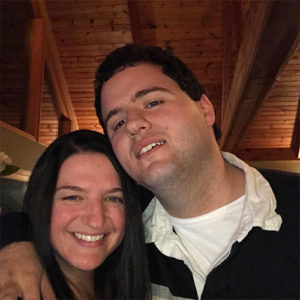



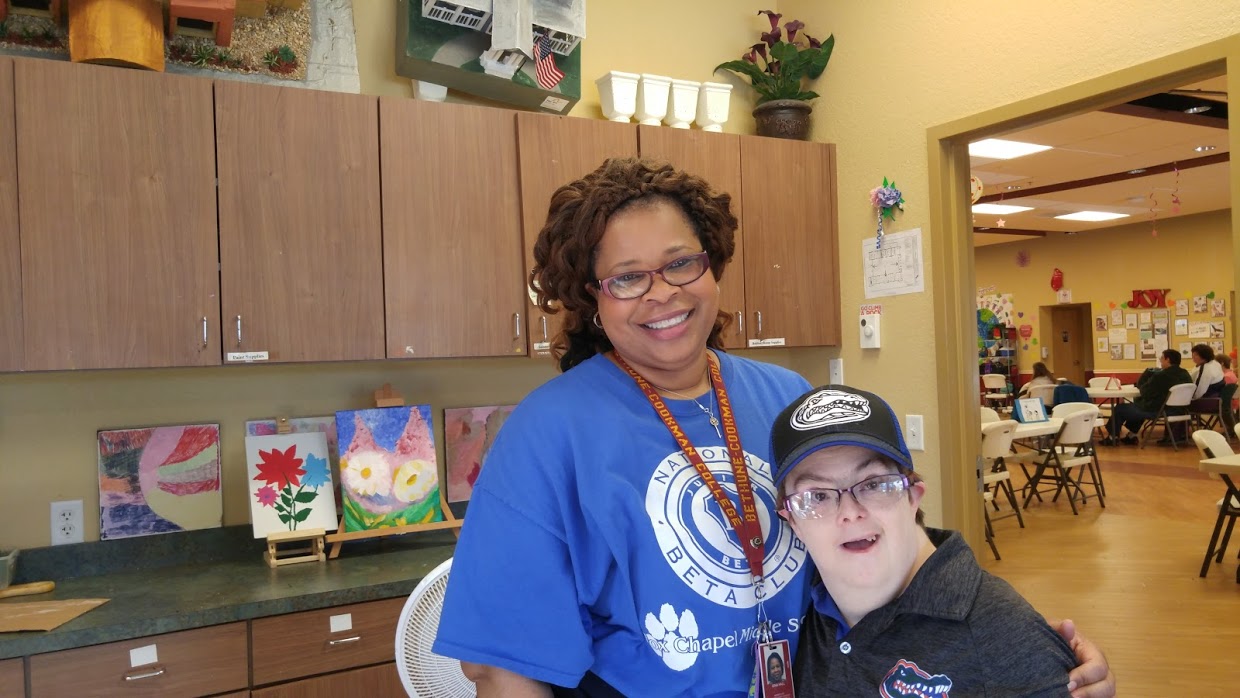
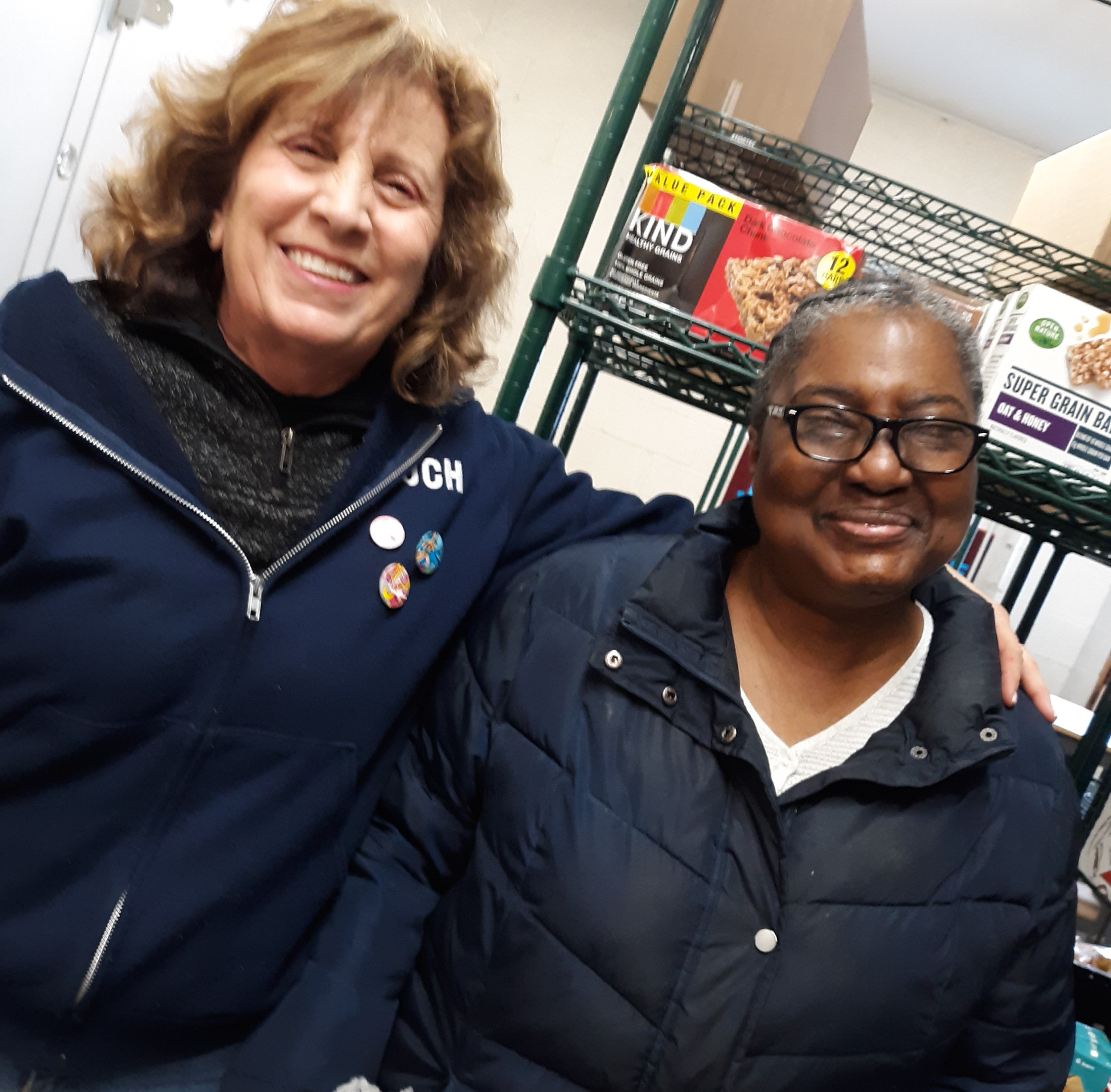
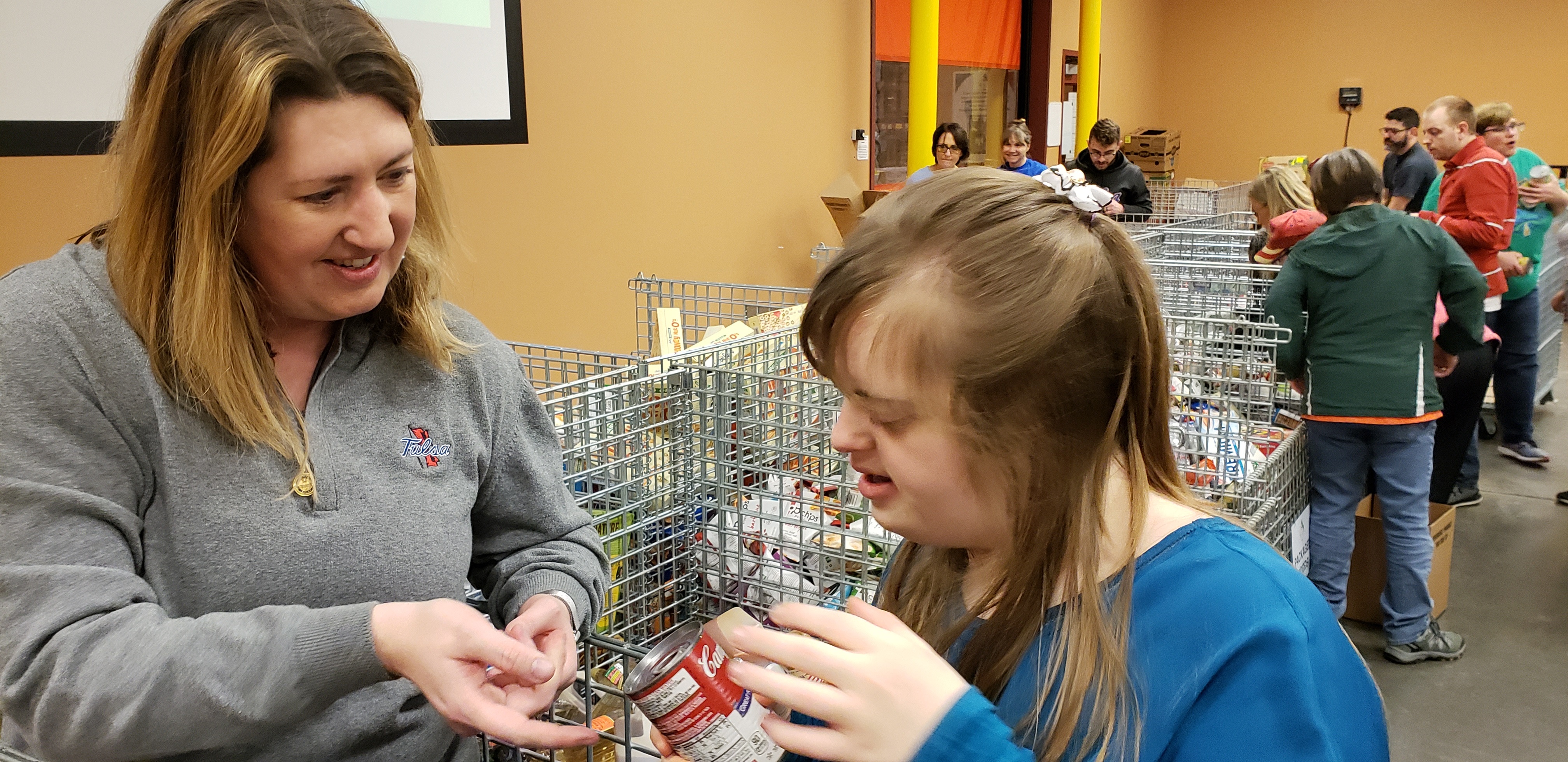
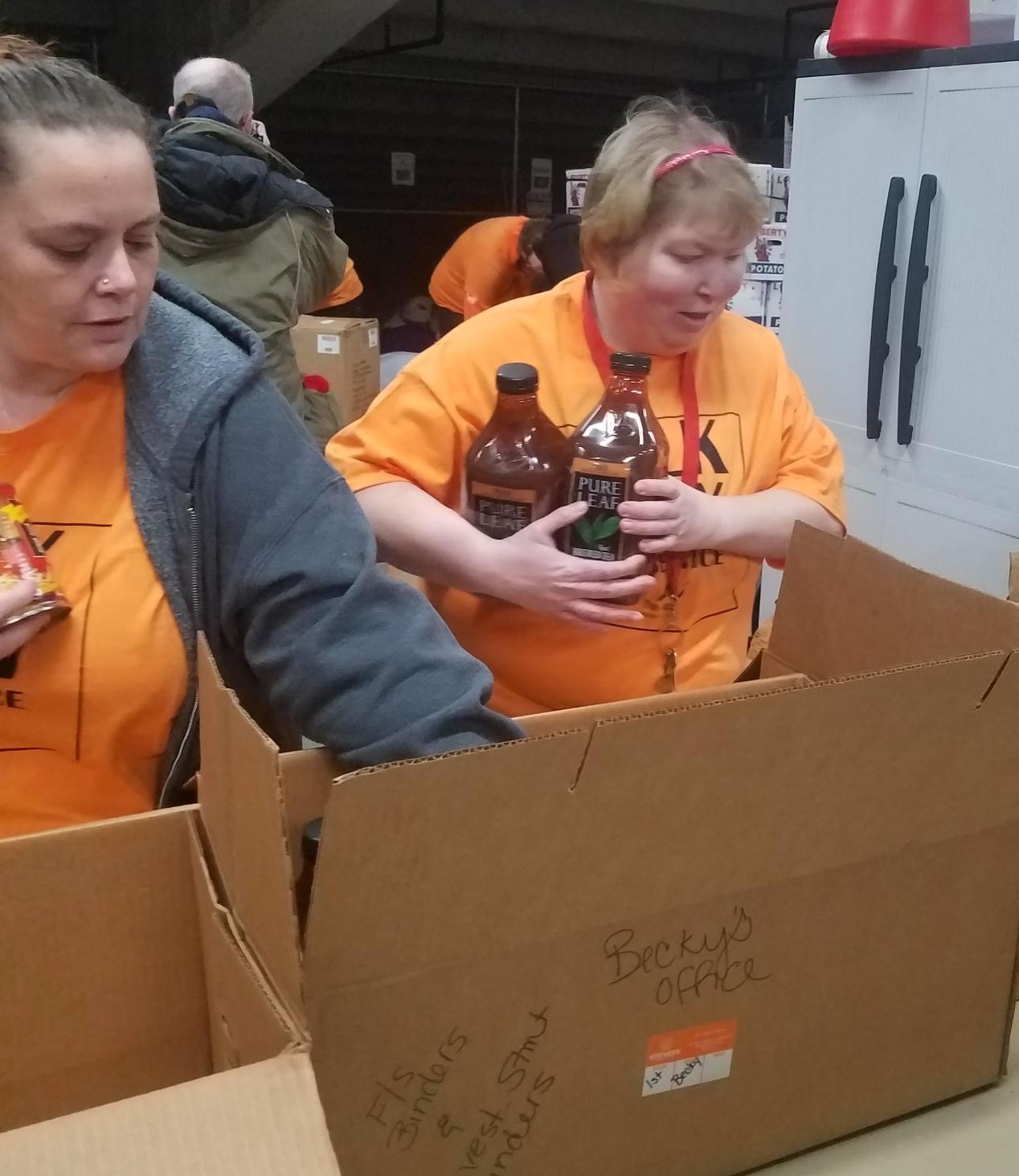
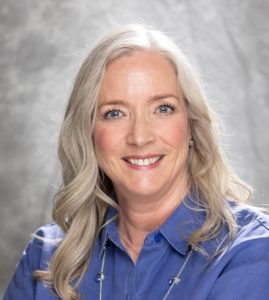 The Arc of the Central Mountains recently opened their doors to support people through advocacy, outreach, and policy in a rural area of the Colorado mountains. They immediately found themselves in court supporting some of the individuals in their community. One of these cases evolved into providing supports for a young adult who was facing multiple felony charges for stalking and who was in the middle of reapplying for DACA status. The work of The Arc of the Central Mountains has resulted in the creation of a truly community-based support system for this young man, while at the same time building a relationship with a local judicial system, resulting in his four cases being dismissed. In this interview, The Arc of the Central Mountains’s Executive Director Jill Pidcock talks about the about the work the organization is doing and how they are making a positive impact in their community.
The Arc of the Central Mountains recently opened their doors to support people through advocacy, outreach, and policy in a rural area of the Colorado mountains. They immediately found themselves in court supporting some of the individuals in their community. One of these cases evolved into providing supports for a young adult who was facing multiple felony charges for stalking and who was in the middle of reapplying for DACA status. The work of The Arc of the Central Mountains has resulted in the creation of a truly community-based support system for this young man, while at the same time building a relationship with a local judicial system, resulting in his four cases being dismissed. In this interview, The Arc of the Central Mountains’s Executive Director Jill Pidcock talks about the about the work the organization is doing and how they are making a positive impact in their community.





